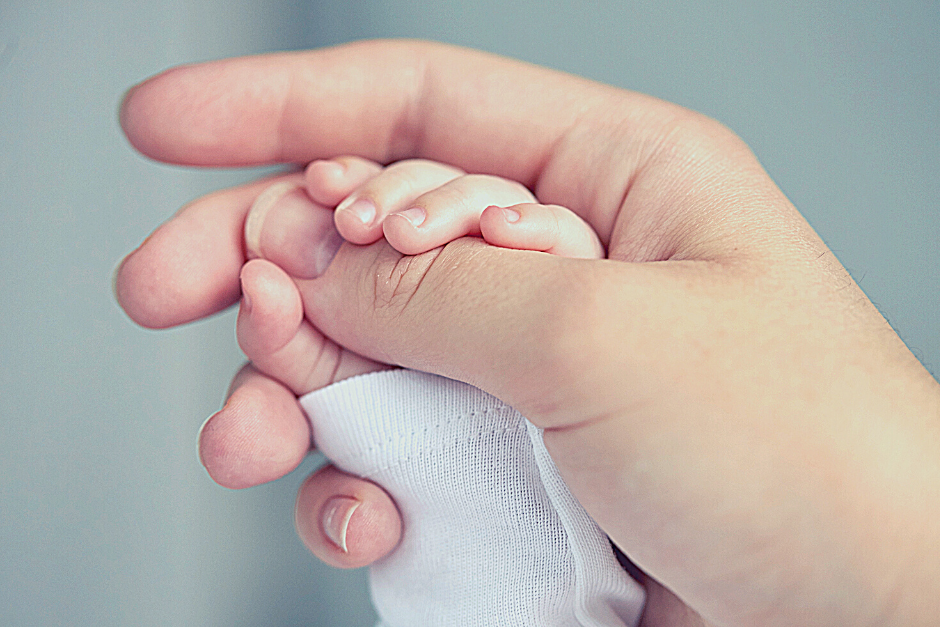Attachment is having an emotional bond with another person. The central theme of attachment theory, which was developed by British psychologist John Bowlby in the 1930s, is that during the first years of life, children need a loving and nurturing relationship with a primary caregiver in order to initiate healthy social and emotional development. Early childhood experiences with parents and caregivers – and the level of attachment they foster – influence how we function in relationships and in life as adults.
Healthy or Attachment
According to attachment theory, healthy (or secure) attachment develops when a caregiver is psychologically and biologically attuned to the needs and emotions of their child. The relationship is reciprocal between the primary caregiver and child, where a close bond is developed through touch, eye contact, positive communication (smiling, cooing, baby talk, etc.) and the caregiver’s responsiveness to their child. In other words, when the baby cries their parent comforts, feeds or changes them. When the baby smiles, their parent smiles in return or talks to them.
The child learns that their parent will always be there when they need them. They feel safe in the relationship, learn to trust, feel secure enough to explore the world around them, know they matter and have worth, and become interested in building relationships with others.
How does healthy attachment look over time?
Long-term studies show that people who had securely attached relationships as infants or toddlers tend to have better self-esteem, emotional coping and self-regulation skills and are more resilient. They often are more successful in maintaining long-term, positive friendships and relationships and generally have a more positive outlook on life that allows them to be empathetic and compassionate toward others.
As adults, they can trust others and are less fearful of emotional intimacy and connection and more able to communicate their needs and understand others’ feelings. They also tend to be more skilled at conflict resolution and forgiveness. As parents, they have the emotional tools to develop a close and caring bond with their children.
Healthy attachment is linked to both better mental and physical health.
Disrupted Attachment
Children may not develop a securely attached bond with their primary caregivers when the caregiver is absent or inconsistent or the child has experienced early neglect, abuse or trauma. They cope with their experiences by developing other patterns of attachment that follow them into adulthood even when their circumstances change.
Children with compromised attachment generally have lower self-esteem and feel unworthy of love. They do not feel safe and secure and have learned not to trust their relationships with others. They tend to be dysregulated and their negative view of themselves and the world around them influences their behavior, as well as their mental and physical health. Studies show that adults with disrupted attachment are more likely to suffer from chronic illnesses, pain and stress-related conditions like hypertension and heart disease.
Researchers have identified three main unhealthy attachment patterns:
- Anxious-Ambivalent – When children have caregivers who are inconsistent, sometimes meeting their needs and other times not, they never know what to expect. They are always anxious and have low emotional coping skills. They can be clingy, demanding and difficult to comfort. They act out, seeking attention. But then, pull away, because they can’t trust others.
- Avoidant – When children have been rejected by their caregivers, they tend to avoid close connections because they are fearful. They check out of relationships, feel they can only rely on themselves and tend to alienate themselves from others.
- Disorganized – Children who are severely abused or neglected generally develop a disorganized attachment style. Their parent or caregiver is someone to fear. Therefore, they are both avoidant and anxious in their relationships. These children grow into unresolved adults, who display PTSD symptoms and cannot tolerate emotional closeness. They are unable to regulate their emotions and often have serious psychological problems including depression, rage, aggression or narcissism. These individuals are statistically more likely to struggle with substance abuse, commit crimes or mistreat their own children.
Attachment patterns are passed down from one generation to the next. Children learn how to connect from their parents and caregivers, and they teach the next generation. Your attachment history plays a crucial role in determining how you relate in adult relationships, and how you relate to your children.
However, it is not what happened to you as a child that matters most — it is how you deal with it. With help from a qualified mental health professional, you can identify your attachment patterns, become aware of how they impact your adult life and then, work toward positive change.

